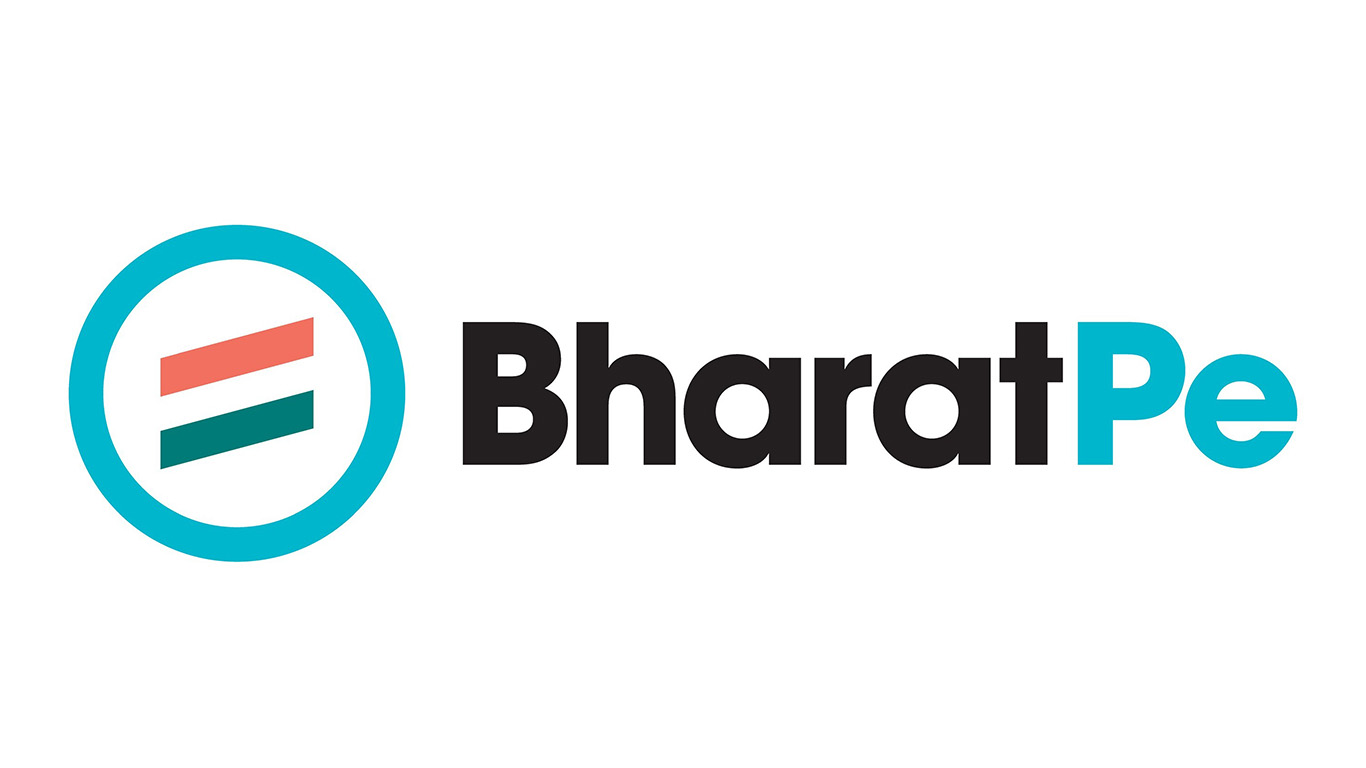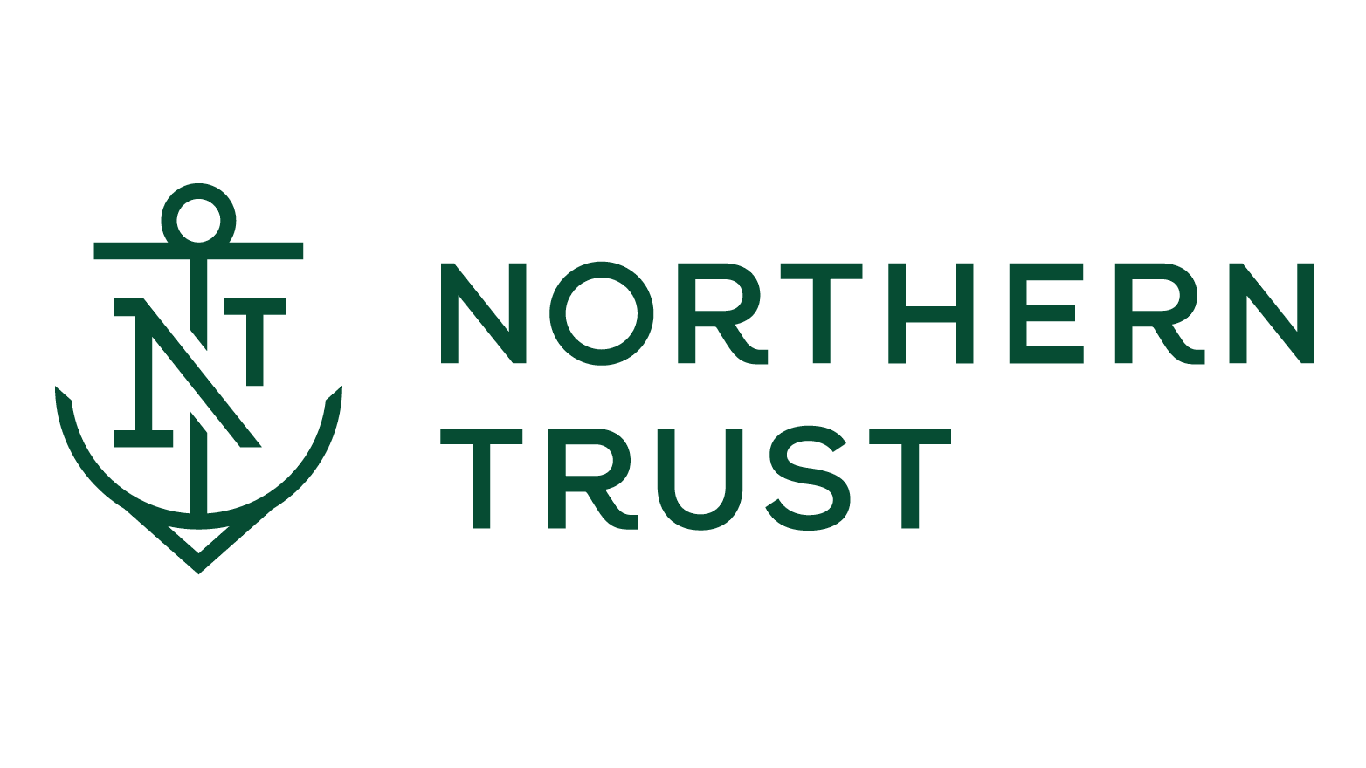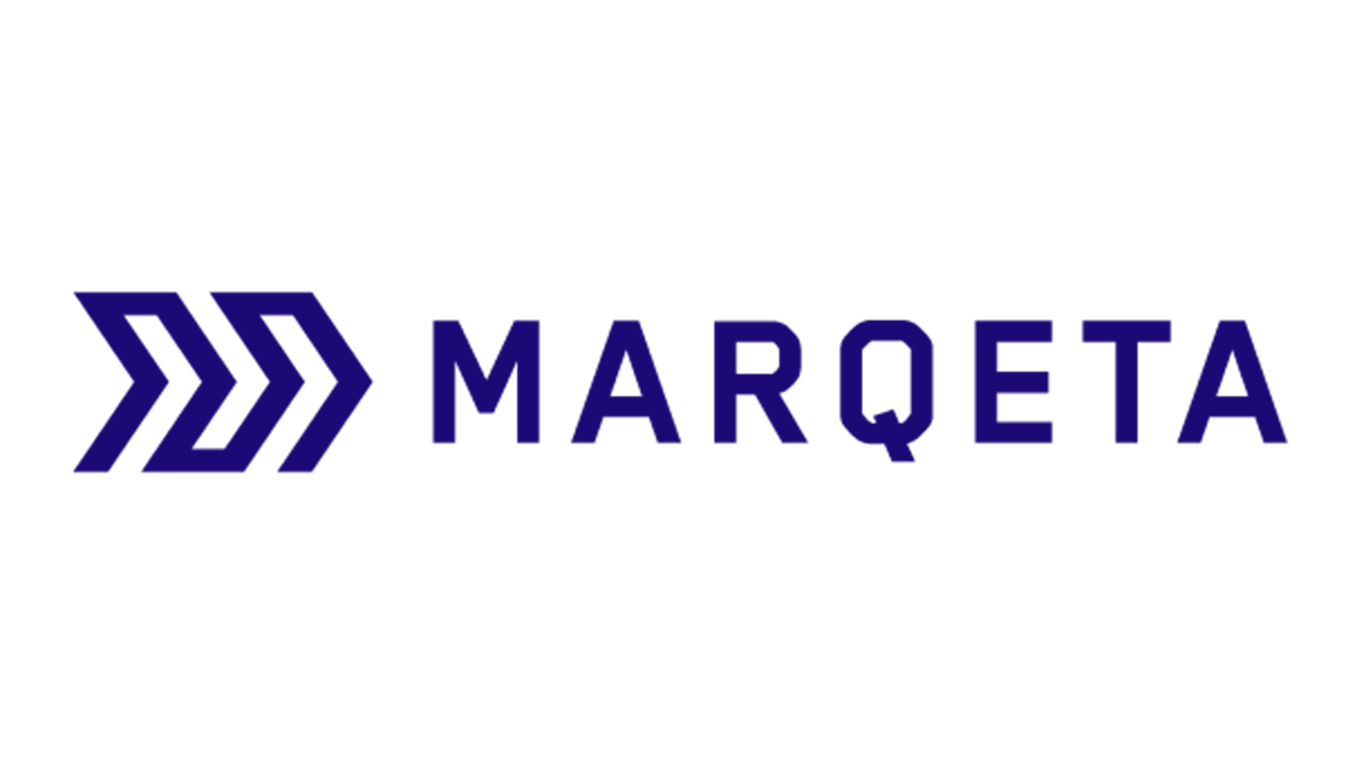Published
- 01:00 am

Capital.com, the high-growth global FinTech operating in the leveraged trading industry, has today announced the appointment of Simone Manni as Head of Marketing, Europe. Based in Milan, Simone will oversee Capital.com’s growth in Europe, focusing primarily on Italy and Germany.
With more than 10 years of experience in digital marketing, Simone will be responsible for developing a marketing roadmap to help Capital.com expand across Italy and the wider Western European region. Prior to joining Capital.com, Simone was Head of Digital Marketing for Finecobank SpA, where he was responsible for driving the marketing strategy for Finecobank’s European business including the UK.
Commenting on Simone’s appointment, Alessandro Capuano, Head of Europe, Capital.com, said:
“The European market has yet to benefit from widespread adoption of online trading platforms, which offer greater flexibility and convenience to self-directed traders who want to access the market from anywhere, anytime. As a younger trading community emerges, I am confident that the migration from traditional banks to online tech-first platforms like Capital.com will grow in tandem. We are pleased to welcome Simone to the team, whose knowledge and experience of managing multi-channel, multi-country marketing strategies will enable us to reach a wider audience across Europe and deliver sustained outcomes in this rapidly changing industry.”
Simone Manni, Head of Marketing, Europe, Capital.com, said:
"I am proud to join Capital.com, a dynamic, fast-growing FinTech company harnessing technology to disrupt traditional access to financial markets. My focus over the next few years will be to grow Capital.com’s market share across western Europe and to gain a stronger foothold in countries like Italy and Germany which boasts a mature and sophisticated trading community.”
For the year ending 31 December 2022, trading volumes from Capital.com’s Western European client base grew by 81% from the previous year. Capital.com’s commitment to Europe is further supported by the company’s strong global growth results. Over the same period, the Group’s global business reached new highs with the number of registered accounts touching 7 million for the first time and global trading volumes surpassing more than $1 trillion.
“Capital.com has been on an extraordinary journey since its launch in 2016. A strong customer-centric culture coupled with a growing interest around the world for online trading have made us one of the fastest-growing trading platforms in the world. We will continue to support our clients all over the world by expanding into new markets and diversifying our products,” added Capuano.
Related News
- 04:00 am

The Scottish National Investment Bank has expanded its portfolio, investing £5 million into real-estate data analytics platform, Utopi.
The investment will create 50 new jobs at the Glasgow-based company, which specialises in energy consumption monitoring technology and will use The Bank’s support to scale up to target new global markets.
By providing real-time and actionable ESG data in multi-tenant buildings, Utopi is at the forefront of the sustainable city revolution, supporting the transition to Net Zero and Scotland’s tech ecosystem.
Figures indicate that the new ESG technology is on track to reduce over 6,500 tonnes of carbon from multi-resident buildings over three years, improving ESG performance by 20 per cent, and increasing asset value by up to 5%.
Utopi CEO, Jonathan Burridge, said: “This investment will support our ambitious plan to become the number one ESG Technology platform in our target markets. Data driven transformation is essential to reducing global carbon emissions, and with the support of the Bank, we can reach audiences around the world sooner. The Bank really understands the opportunity we have to make an impact, and we are thrilled to have them onboard for the next exciting stage of our journey.”
The Scottish technology company is currently working in partnership with developer operator Moda Living in Edinburgh at its 476-home neighbourhood Moda, The McEwan, to monitor the energy consumption of individual properties located in the residential building. For monitoring carbon emission levels, building managers have access to real-time data through GRESB and other ESG benchmarking tools. Residents can also track day-to-day energy usage through an app.
Nicola Douglas, executive director of innovation at the Scottish National Investment Bank said: “We are fully committed to achieving Scotland’s net-zero targets.
“This investment has the potential to make a significant impact on carbon emissions in the real estate sector, futureproofing sustainable communities around Scotland.
“Our investment into Utopi will support several new data-lead jobs in the company, helping to build Scotland’s technology ecosystem.
“Utopi’s technology has a strong alignment with both our Net Zero and Innovation missions and we look forward to working with them to deliver their ambitious growth plans.”
Amanda Rennie, Operations Director at Moda Living, said: “Operating our rental neighbourhoods sustainably, and empowering our residents to live a green lifestyle are huge priorities for Moda Living. Utopi’s technology allows us to interact with the efficiency of our buildings in a way that’s completely unique to the residential sector – at Moda, The McEwan and at our rental neighbourhoods across the UK. We look forward to working together with Utopi and seeing the technology in action having secured this well-deserved investment from the Scottish National Investment Bank.”
Related News
- 02:00 am

BharatPe Group, one of India’s leading names in fintech industry, today announced its partnership with Women Entrepreneurship Platform (WEP) with the objective of enabling women entrepreneurs across India in their journeys of self-reliance and business growth. The partnership aims to build a robust ecosystem that brings together women entrepreneurs from different parts of India and equips them with the required domain knowledge as well as the financial and technical know-how needed to fulfill their business goals. The core focus area will be facilitating the development of a first-of-its kind aggregator platform that gives access to peer support, mentorship, networking channels and a wide range of learning resources.
Launched under ‘BharatPe Cares’, a corporate social responsibility initiative by BharatPe Group, this partnership is in line with the Group’s brand purpose to empower lives through inclusive, innovative and reliable fintech solutions. This specific initiative rests under the CSR program of PAYBACK, a BharatPe company.
According to the sixth economic census by the Ministry of Statistics and Programme Implementation, women comprise only 13.76% of the total entrepreneurs in India, which is 8.05 million out of the total 58.5 million entrepreneurs. The figure indicates that women entrepreneurs need to be empowered so they can follow their dreams. With this in mind, the partnership aims to address the constraining barriers faced by women entrepreneurs across the landscape in India and facilitate a level playing field wherein women enjoy equal opportunities for growth.
Speaking on this announcement, Nalin Negi, CFO and interim CEO, BharatPe, said, “While India is a startup and unicorn hub, the share of women entrepreneurs in the country still remains low. I strongly believe that there is a huge untapped potential for unlocking entrepreneurship among women in India. WEP has an impeccable body of work towards driving women entrepreneurship in the country, and we are proud to partner with them on our shared vision of enabling women entrepreneurs to catalyze the growth of their businesses.”
Nalin adds, ‘As a homegrown fintech, our regular engagement with women solopreneurs and small business owners has helped us understand the challenges faced from their lens- the most important being lack of access to financial know-how, networking channels, mentorship and fundraising opportunities. Also, as per an industry report, women entrepreneurs in India can generate 150-170 million jobs by 2030, which is more than 25% of the new jobs required for the entire working-age population. Thus, driving women entrepreneurship would boost the economy through job creation, and is critical to building India as a US$ 5 trillion economy. Our partnership with WEP is aimed at facilitating the development of a plug-and-play digital infrastructure to address the existing gaps and aid the growth of women entrepreneurs.”
Commenting on the partnership, Anna Roy, Mission Director, WEP, said, “The entrepreneurial ecosystem in India is thriving but women-led businesses still need a lot of support to help scale businesses, and more so due to social biases. Women entrepreneurs across the country face an unfair disadvantage due to exclusion from networking channels and mentorship opportunities. Women entrepreneurship platform is a public private initiative that aims at providing a continuum of support to women entrepreneurs by leveraging the network of various stakeholders who are part of the ecosystem. The idea is to make these connect seamlessly across board, overcome information asymmetry and empower women by giving them the right information at the right time. With the partnership with BharatPe Group, WEP adds another important stakeholder to this vast and growing network of partner organizations that will help combine the effort of both the industry players towards leveling the playing field for women entrepreneurs as well as expanding the funnel to get more women to start their own enterprises.”
BharatPe will also facilitate the development of learning sources curated around specific sectors to support capability development and equip women entrepreneurs with the required domain knowledge to scale their businesses.
Related News
- 09:00 am

Duco, a leading data automation company, today announced that Mama Money, a rapidly growing fintech that offers cross-border money transfers and banking services, have expanded their use of Duco’s no-code solution to add automated daily cash balance controls.
The move strengthens a successful three-year relationship during which Mama Money has been able to eliminate manual payments reconciliations and focus on fixing exceptions at source, resulting in a 99% match rate. Removing spreadsheet-based controls means that multiple departments have been freed of the burden of manual work and the remaining exceptions are managed by a single, small team.
Nicholas Riva, Chief Operating Officer at Mama Money, said: “Duco has enabled us to strengthen our cash control framework with greater visibility and a timelier view of cash balances and differences. Instead of manual controls, we can now run daily cash reconciliations to spot and resolve exceptions much faster. The platform has made it possible to create a central repository of bank statement data to build enhanced reporting capabilities for even greater transparency and analytics.”
Christian Nentwich, CEO at Duco, said: “Cash reconciliation is a very specific, mission-critical process where Duco has been increasing investments substantially. We are pleased to see Mama Money deploying us for their cash controls. This is a firm doing important work in making payments fairer and more accessible and I'm proud that Duco’s technology is playing a role in enabling them to do this.”
Related News
- 07:00 am

In 2022, the share of FinTech companies in the SEA region officially using AI and ML technologies in their stack reached 3.09% (807 out of 26,105 companies), steadily increasing from 2.88% in 2020 and from 3.03% in 2021.
The Digital Insurance sector holds the highest penetration rate of AI&ML technologies. The number of companies using AI&ML in this sector is growing at an average of 35.6% per year. This is followed by the Digital Accounting (33.5%) and Digital Banking (31.5%) sectors.
Other FinTech industries have seen the following average increase in growth: Cryptocurrencies & Blockchain - 28.7%, Digital investments - 21.4%, E-Commerce - 19.4%, Alternative Lending - 19%, Business management - 18%, HR & Payroll - 17.8%, Cybersecurity - 17.5%, E-Wallets - 17%, Payments & Transfers - 15.4%, Financial Advisors - 14%.
Singapore currently has the highest rate of AI&ML penetration in FinTech, at an impressive 5.36%. The country has seen a high overall economic development (about 0.5% of world GDP). Also its level of digitalization is one of the highest in the region: in 2022, 97% of the population had internet access, 94.4% had smartphones, and 97% had financial accounts. Lastly, there is a high level of private investment in FinTech (1.4% of all time in the world) and in AI technology (0.7%).
Laos also showed a high AI&ML penetration rate in FinTech at 4.08%. The development of FinTech is still in its infancy in Laos, with only 49 companies out of 26,105 in the region. Therefore, even a small penetration of AI & ML in the FinTech sector can be considered significant in this country.
Robocash Group analysts comment: “Artificial Intelligence & Machine Learning integration in the Southeast Asian FinTech domain went through its peak period between 2016 and 2019. The FinTech world has attained a “plateau”, though it may not last for long. Businesses are beginning to leverage the potential of AI&ML actively. This can result in an improved output. Nevertheless, AI and ML-based technology are not a one-size-fits-all solution that can guarantee success itself. So businesses must tailor them to their own operations and objectives to reach the greatest possible benefits.”
Related News
- 08:00 am

Northern Trust is enhancing the net asset value (NAV) workflow communications between private capital fund managers and Northern Trust through a collaboration with Appian, a leading provider of low-code process automation solutions.
The solution is aimed at supporting private capital fund managers with a secure digital experience offering enhanced efficiency, oversight and data security across the NAV production lifecycle.
Stephen Thomas, head of finance at Coller Capital, said: “As one of the world’s leading investors in secondary assets for private funds, we are committed to leveraging new technologies to enhance our operational processes. The deployment of this solution through our fund administrator, Northern Trust, will provide our Funds with increased levels of transparency, efficiency and security.”
Clive Bellows, head of Global Fund Services, Europe Middle East and Africa, at Northern Trust, said: “Private capital fund managers are seeking a digitized experience, with greater security of information and oversight. This solution supports them in the creation, review and approval of information supporting the NAV production lifecycle. Utilizing the Appian platform will further enhance interactions with our specialist teams and provide real-time oversight.”
The digital portal, powered by Appian, provides a single point of access for private capital fund managers to communicate instructions, review documents and provide approvals across the NAV process. Northern Trust has designed the workflows to reduce the dependency on email communications and support the delivery of sensitive documents, thereby increasing transparency and efficiency of the process.
Michael Heffner, vice president of Solutions and Industry Go to Market at Appian, said: “As private capital fund managers look to scale efficiently, they need full transparency into the work and communications being performed by their administrators. Through our collaboration with Northern Trust, we have jointly designed a solution to allow them to support their private capital fund managers through the efficient exchange of information and documents while mitigating data privacy risk by reducing email communications.”
The development forms part of a wider alternative digital transformation plan under Northern Trust Whole Office™, a strategy that facilitates client access to services, solutions, and new technologies across the investment lifecycle. Northern Trust’s private capital fund services business provides a range of solutions for asset managers including fund administration, global custody, depositary, and banking.
Related News
- 04:00 am

Finverity, the digital ecosystem for trade and supply chain finance, today announces it has raised US$5 million in a heavily oversubscribed equity funding round from new and current investors. New investors include London-based fintech specialist Outward, Amsterdam-based Acrobator Ventures and US-based s16vc founders fund with follow-on investments from MENA-based B&Y Venture Partners as well as a range of UHNWIs. The funding round comes on the back of 15x revenue growth in 2022 across the Middle East and Africa and the recent expansion to Eastern Europe.
Founded in 2017 by Viacheslav Oganezov and Alex Fenechiu, Finverity was borne out of a vision to make the global financial system work for all, one product at a time. Fast forward 5+ years and Finverity has built the world’s first truly digital ecosystem for trade and supply chain finance in pursuit of achieving its mission of bridging the $1.7trn global trade finance gap by channelling capital to where it’s most needed.
Finverity has a dual offering:
Funding Platform - brings together corporates seeking working capital and funders looking to deploy capital into quality mid-market assets on a single platform. The platform provides a whole suite of services and technology to enable trade and supply chain finance deals to be executed seamlessly and at scale;
Software as a Service solution - provides an end-to-end technology system for banks and non-banking financial institutions (NBFIs) to completely revolutionise their trade finance and working capital operations, client experience and risk capabilities.
The funding raised in this round will be used to immediately increase the headcount from the current 40 to 60 employees, to meet rapidly increasing demand for Finverity’s solutions and to complete office openings in Dubai, Poland and Kenya. Furthermore, Finverity’s technology is expanding to cover almost the entire range of funded trade finance and working capital products.
What is Supply Chain Finance (SCF)?
The multitude of terms used to describe SCF goes to show just how little standardisation exists across the globe. Seemingly innovative terms such as BNPL (Buy Now, Pay Later) are simply a different way of naming SCF. In essence, SCF is the financing of a time delay between the moment goods/services are ordered/shipped and the time they are actually paid for. In a simple example, if a farmer sells avocados to a local supermarket, they would probably get paid 60 days after supplying to the supermarket and issuing the invoice. SCF allows the supermarket to offer the farmer an early payment alternative at a fraction of the cost the farmer would otherwise incur if trying to finance that invoice themselves, in a very simple way. It boosts supply chain resilience, unlocks cash trapped in invoices and allows businesses to grow organically with predictable cash flows. Significantly more complex structures also exist within SCF and across trade finance and working capital products.
Why are SCF and Finverity of interest to investors now?
First, from a macro standpoint, the combination of rising interest rates, higher inflation and a dampened global macroeconomic outlook has made working capital a topic of C-suite discussions and is leading to a strong demand for trade finance solutions. Banks and financial institutions (FIs) are scrambling to meet the huge demand from a wide range of corporates as they are rarely equipped to do so quickly or effectively, especially given the increasing complexity of shifting supply chains and corporate business needs. This is where partnerships with fintechs such as Finverity come in handy. The continued digital transformation in trade finance globally places Finverity in a desirable sweet spot to meet burgeoning demand.
Second, Finverity has been built with zero code customisation in mind, which gives its offerings a serious competitive edge. Through its own funding platform, Finverity goes well beyond simply connecting corporates and funders. Managed by a specialist team, the platform provides deal origination (identifying corporates requiring funding), deal structuring, due diligence, matching corporates with funders based on their risk appetite and end-to-end processing. The provision of all these integrated services allows funders to focus on evaluating credit risk and significantly speeds up the scalability and speed of deal flow selection and processing. Zero code customisation offered by the platform enables Finverity to rapidly structure and roll out products that meet corporates’ needs, while embedding them into the operational processes of both corporate and funder. In 2022, Finverity originated over $500m of demand from corporate clients for its financing solutions.
Turning to its SaaS solution, Finverity offers banks and NBFIs an enterprise-level end-to-end system that can be deployed in under 21 days. This is in stark contrast to much longer deployment times in the industry, often exceeding 12 months. Integrated zero code customisation provides banks and NBFIs with immediate ability to rapidly roll out new trade finance and working capital products.
Third, the combination of favourable macro dynamics and cutting-edge offerings has been driving Finverity’s growth and enabled a range of partnerships with banks and finance providers. In 2022 Finverity launched partnerships with numerous banks’ trade finance desks including Investec, National Bank of Fujairah and FIMBank, focused on helping them scale their asset deployment by funding Finverity-originated transactions and digitalising trade finance operations using Finverity’s technology. As a result, partner banks can shorten their credit approval times, reduce their operational costs and fund much larger deal volumes without having to build out a huge internal team. This is leading to better overall client offerings and the ability to tap into completely new client segments.
Fourth, strong demand for trade and supply chain finance in emerging markets has well served Finverity’s focus on MENA and Africa, where the next 3 to 5 years point to a brighter macro-economic outlook compared to the Western economies and where demand remains largely unmet. GDP growth for Gulf Cooperation Council (GCC) countries is expected to more than double, reaching 6.5 percent in 2022, according to a recent IMF Policy Paper. This is due to surging commodity prices and the region’s political neutrality that limited the negative impact from the war in Ukraine. Meanwhile, demand for SCF in Africa continues to rise. An October 2022 IFC Market Assessment shows that in Kenya alone, the current market for supply chain finance (SCF) is worth approximately $24.8 billion. This represents a key opportunity for financial institutions to reach SMEs in a range of value chains. SMEs account for 42% of demand, while current SCF supply meets only 7-10% of total demand.
Alex Fenechiu, COO & co-founder of Finverity, commented:
“The pace at which our industry is evolving is truly impressive. Five years ago, Supply Chain Finance (SCF) barely ever made the headlines. It wasn’t even a “real” financial product in many countries. Today, it’s deemed a key requirement to fuel economic growth for the years to come. This means we have moved into the mass adoption phase of SCF. What is needed today is very different from what has been used for the last 20 years. We have created a wizard which allows financial institutions to launch new products in the working capital space in 4 weeks instead of 12 months. We have also helped banks and NBFIs increase utilisation from existing clients and reduce losses due to fraud and default. Our time is now and with our new partners, I’m confident that Finverity will be a leading driver of SCF & working capital innovation across emerging markets”.
Viacheslav (Slava) Oganezov, CEO & co-founder of Finverity, commented:
“When we started this fundraise the market was just starting to go through a rough spot, so there was a lot of talk about negative sentiment. However, what we found is that there is a significant amount of venture capital out there. Funds have been raised and need to be deployed, investors are just more selective. Our industry is counter-cyclical and we designed our business to grow in a sustainable way, with positive unit economics and a clear path to profitability in mind. The current macro trend has played to our strengths and allowed us to select amazing partners for the journey ahead! We are very grateful to all of our new investors and are excited to build out the next stage of Finverity’s growth in partnership with them!”
Andi Kazeroonian, Investment Manager at Outward VC, commented:
"Whilst technology has powered exponential growth of the multi-trillion dollar SCF and trade finance industry in developed economies over the last decade, some of the world’s most important emerging economies have been somewhat left behind. Prohibitively high set-up costs, immediate and complex integration requirements and insufficient AML/KYC capabilities of existing platforms all act as contributors to manual and paper-based processes remaining the market norm. Finverity team’s deep understanding of these acute pain points has enabled the creation of a solution that is truly fit for purpose.
Fast deployment, easily configurable and customisable workflows, clean and intuitive UI, and market-focused origination capabilities are already having a profound impact on their target markets, enabling the launch and growth of SCF for organisations where it was not previously possible. We firmly believe that this dynamic, combined with the growth outlook and increasing digitalisation of emerging economies, all point toward an enormous opportunity for Finverity to emerge as the global leader in this space. As such, we at Outward are proud to be partnering with Slava, Alex and the rest of the team to support this exciting next phase of growth and beyond.”
Joachim Lacquer, General Partner & Co-founder at Acrobator Ventures, commented:
“From the first call, it was clear that we were dealing with something special, both in terms of the magnitude of the problem Finverity is trying to solve and the characters of the founders, Slava and Alex. These founders possess a rare combination of grit, vision, humility and empowerment. The team members, advisors and investors who have joined them in their quest to create a more even playing field for SMEs in developing markets are a testament to that. It’s very rewarding to play a small part in this big-impact story.”
Oleg Bibergan, Managing Partner, s16vc founders fund, commented:
“Having first met Alex and Slava more than 3 years ago, it's been amazing to see how much progress the team has made towards fulfilling their vision of making trade finance globally fairer and more accessible. We are in the early days of SCF tech enablement, and it's exciting to think about the scale of challenges and opportunities in this space. As a founders’ fund, we love partnering with ambitious founders looking to solve massive challenges and we are excited to be working with Finverity as they turn their vision into reality.”
Related News
- 02:00 am

Lyfeguard, a life planning assistant and document management platform, has appointed Ronel David, Strategic Sales and DE&I Leader at FIS, to its advisory board to accelerate financial management, go to market and growth strategy.
Ronel’s leads transformational business projects for some of Europe’s largest insures at FIS, a global market-leading provider of technology solutions for global merchants, banks and capital markets firm.
With over two decades scaling businesses and leading growth initiatives in International Corporate & Institutional Banking as well as the FinTech industry, Ronel will support Lyfeguard with the execution of its growth strategy, implementation of innovative financial technologies and expansion to new markets.
Ronel David, Strategic Sales Leader at FIS and Advisory Board Member for Lyfeguard, said: “The Lyfeguard platform is a fantastic offering to support consumers and independent financial advisers to better manage their finances, particularly against the backdrop of a cost-of-living crisis. I look forward to supporting the company’s growth journey and championing innovation to continue bolstering its services and expand Lyfeguard’s reach.”
Ronel joins Lyfeguard’s advisory board alongside six other industry veterans, including: Jack Smith, CEO of IAG Loyalty Retail; Jonathan Lloyd White, CISO at Natura &Co.; Gavin Borthwick, Product Design Lead at Beyond; Lee Mabey, Managing Partner at dentsu International; Lukman Abdul-karim, Principal Consultant at Agilisys; John Garden, VP Freight & Logistics at Mastercard.
Fraser Stewart, Chief Operating Officer for Lyfeguard, said: “We are excited to introduce our advisory board comprising of industry leaders at the top of their fields to help take Lyfeguard to the next level, improving our offering to help consumers and IFAs alike. With the guidance of our carefully selected seven industry veterans, we are confident in our ability to lead the go-to-market strategy and ensure seamless delivering of our services to clients. We firmly believe that everyone deserves peace of mind when it comes to managing life’s essential tasks, and our advisory board’s expertise will help us achieve this goal. We are excited to embark on this new journey with our partners on board and look forward to delivering exceptional services to our clients.”
Lyfeguard was founded by father-son team Gary and Fraser Stewart to revolutionise financial management and life planning to help people keep on top of their important documents, bills and life matters, as well as address a lack of planning for end-of-life.
Related News
- 04:00 am

Marqeta, the global modern card issuing platform, released its first Consumer Pulse Report today. Based on the findings of a February 2023 survey of 4,000 consumers across the US, UK and Australia, conducted on its behalf by Propeller Research, the report details the effects that dynamic economic circumstances and emerging financial technology are having on consumer behaviour.
One key driver for many consumers surveyed: Economic anxiety due to rising costs and an uncertain job market. Amongst those surveyed, 61% of 26-50-year-olds reported that they’d changed their household budgeting due to the current economic circumstances, while roughly half of 18-25-year-olds and 51-64-year-olds said the same. When asked to recall a specific example of the economy impacting their spending habits, over half (57%) of respondents reported they have delayed at least one big purchase due to rising interest rates or the general state of the economy.
Housing provides one example of the impact of current economic circumstances. More than half (54%) of renters surveyed reported that their rent increased within the past 12 months. For prospective buyers, rising interest rates make purchasing a home more expensive, with over half (51%) of renters surveyed indicating that increased interest rates and the general state of the economy have led them to decide to delay purchasing a house.
The rapid pace of innovation in financial services was another influence on consumers this quarter. In response to emerging new tools and services, consumers are evaluating their options in relation to their needs and level of awareness of emerging financial services.
“Our report shows that in parallel to rising consumer uncertainties around escalating inflation, consumers are beginning to open themselves up to the unprecedented level of choice they now have in financial services,” said Rachel Huber, Market Intelligence Lead at Marqeta. “With the rise of digital banking and embedded finance options, it’s essential brands understand how expectations and preferences are being shaped by innovation and macroeconomic conditions.”
In addition to new offerings from their banks, consumers are also weighing a profusion of options from non-traditional providers via embedded financial services. Almost half (47%) of respondents reported that they would consider financial services from non-financial institutions like tech companies, social networks and retailers. Considerable education gaps still remain for these new banking options, however. Amongst consumers who had not considered these emerging financial services, 29% reported not being aware of these options and 36% indicated they don’t see the value of these new services.
Banking preferences provide one example of the effects of this environment of heightened choice. When respondents were presented with a list of newer digital banking features, approximately half indicated they were already using the tools or were interested in adopting in future.
Most popular were the well-established feature of overdraft protection and less common savings tools, like automated deposits into savings accounts and rounding up card purchases to the nearest dollar and depositing those funds into savings.
Consumer curiosity and exploration of cryptocurrency still remained high at the start of 2023: with consumers surveyed wanting more options for spending cryptocurrency, but still uncertain of the space. More than a quarter (27%) of those surveyed wished it was easier to spend against their cryptocurrency balances, with roughly the same percentage (28%) agreeing that the ability to make purchases with cryptocurrency is a significant benefit and makes shopping easier. Consumers want to use cryptocurrency, but still want the security of traditional accounts – a majority (59%) of respondents agreed that they would not be comfortable holding a significant portion of their savings in cryptocurrency.
Related News
- 05:00 am

Cashflows, the platform that makes it easy for merchants to accept payments, today launches Fast Onboarding. The new service reduces the time it takes for a merchant to be onboarded, whether directly or via a partner, making the process as easy and streamlined as possible without cutting corners on regulatory compliance or compromising on KYC and AML.
Fast Onboarding eliminates the administrative burden for Cashflows’ customers and partners by making the entire process more robust. Combining human and artificial intelligence, the new service offers automated bank validation and self-populates data from official sources such as Companies House wherever possible – bringing in human intervention where needed.
The launch comes as research conducted by Cashflows reveals that merchants want a faster, more transparent onboarding process. Out of the 55% of merchants that have switched provider in the past, 40% experienced frustrations during the process. Businesses cited challenges such as needing to submit significant amounts of documentation (61%), having to share the same information multiple times (54%), and long approval times (23%).
Worryingly, of the businesses that had never switched providers, two in five (40%) referenced concerns over downtime, delays, and complexity as reasons for not doing so. In fact, 48% of businesses said switching providers took more than one week, whilst 6% of respondents claimed it took more than one month to begin transacting with their current provider.
To resolve this challenge, Cashflows has launched Fast Onboarding, which will enable 80% of applications to be approved within one business day, driving fast, consistent decisions on applications. The new service will provide greater clarity on applications and transparency into Cashflows processes. Using these features, partners have an enhanced ability to process leads at scale, enabling fast and sustainable business growth, and direct customers can begin taking payments faster.
Cashflows partner, Wireless Terminal Solutions, was involved in the pilot scheme of the Fast Onboarding service. Matt Griffiths, Sales Manager, Wireless Terminal Solutions, comments: “Having the ability to track the different stages of customer applications in real-time has been very helpful for us to manage expectations. It’s great to see how quickly applications processed through Fast Onboarding, streamlining and adding even more transparency to the process.”
Hannah Fitzsimons, CEO, Cashflows, comments, “At Cashflows, we believe the merchant onboarding process shouldn’t be frustrating. It should be an easy step supporting the backbone of businesses: payments. That’s why we’ve been working hard to create Fast Onboarding to eliminate inefficient practices, increase consistency, and provide our partners with the capacity to scale rapidly – and our customers with the ability to accept payments faster. We’re giving our customers and partners valuable time back, while also allowing ourselves more time to focus on what matters: providing simple, smart ways to pay, wherever and however it suits merchants’ customers.”









